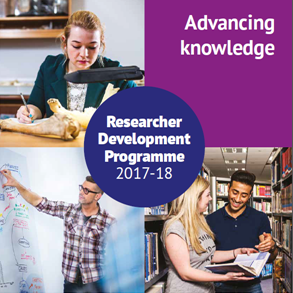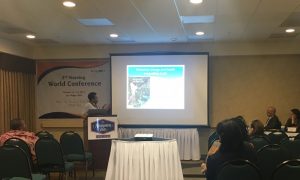
On Sunday the Kingfisher Barn, Muscliffe will be the venue for an ESRC Festival event. BU staff from the Faculties of Health and Social Sciences and Media and Communications have developed the event in collaboration with the RSPB and Bournemouth Borough Council Parks. The event called Me and my green space is aimed at young people aged 12 years and under. There will a range of activities to help open a dialogue with younger visitors about what they think green spaces are, do they use them during play and if so what type of activities they like to do in the green spaces they visit. The research team is also interested in whether the young people have ideas about improving access to green spaces or any thoughts about how these areas could offer more enjoyment to younger visitors. The activities on offer will be den building, arts and crafts based on natural materials, an arboretum trail and river dipping. SUBU are helping to support the delivery of several of these activities. The event will end with a lantern trail to light up the woodland area around the Kingfisher Barn. All the research team – Holly Crossen-White, Angela Turner-Wilson (HSS), Annie East and Nathan Farrell (FMC) – invite you to come along and enjoy some outdoor fun – and the weather is going to be good too!













 Every BU academic has a
Every BU academic has a  By clicking on this box, on the left of the Research Blog home page just under the text ‘Funding Opportunities‘, you access a
By clicking on this box, on the left of the Research Blog home page just under the text ‘Funding Opportunities‘, you access a  From today, 1st November 2017, all research applications for external funding will be treated as CAF-exempt (Contract Authorisation Form) where no commitment exists at application stage. This has been agreed by UET in October 2017, following a request from RKEO and Legal Services made in response to applicant feedback.
From today, 1st November 2017, all research applications for external funding will be treated as CAF-exempt (Contract Authorisation Form) where no commitment exists at application stage. This has been agreed by UET in October 2017, following a request from RKEO and Legal Services made in response to applicant feedback.












 Nursing Research REF Impact in Nepal
Nursing Research REF Impact in Nepal Fourth INRC Symposium: From Clinical Applications to Neuro-Inspired Computation
Fourth INRC Symposium: From Clinical Applications to Neuro-Inspired Computation ESRC Festival of Social Science 2025 – Reflecting back and looking ahead to 2026
ESRC Festival of Social Science 2025 – Reflecting back and looking ahead to 2026 3C Event: Research Culture, Community & Cookies – Tuesday 13 January 10-11am
3C Event: Research Culture, Community & Cookies – Tuesday 13 January 10-11am Dr. Chloe Casey on Sky News
Dr. Chloe Casey on Sky News ECR Funding Open Call: Research Culture & Community Grant – Application Deadline Friday 12 December
ECR Funding Open Call: Research Culture & Community Grant – Application Deadline Friday 12 December MSCA Postdoctoral Fellowships 2025 Call
MSCA Postdoctoral Fellowships 2025 Call ERC Advanced Grant 2025 Webinar
ERC Advanced Grant 2025 Webinar Horizon Europe Work Programme 2025 Published
Horizon Europe Work Programme 2025 Published Update on UKRO services
Update on UKRO services European research project exploring use of ‘virtual twins’ to better manage metabolic associated fatty liver disease
European research project exploring use of ‘virtual twins’ to better manage metabolic associated fatty liver disease